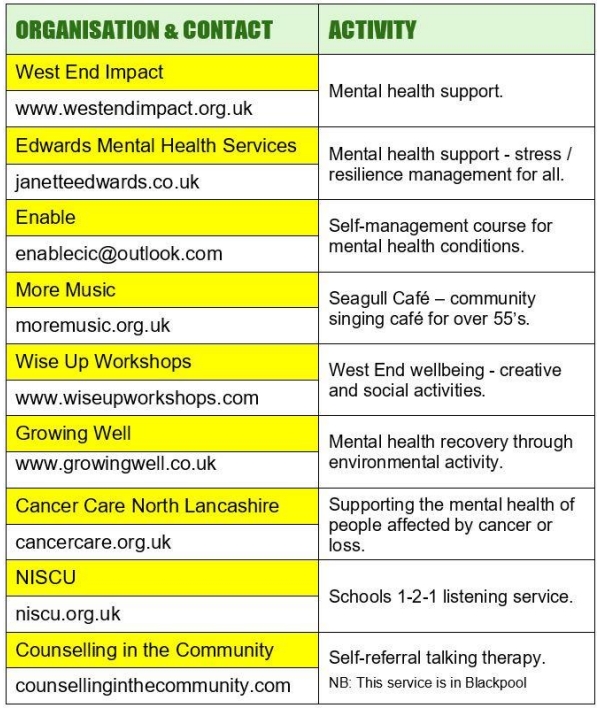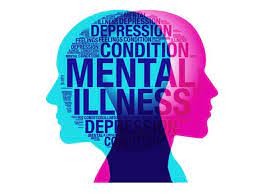The last few decades have seen much of the stigma associated with mental health removed. Part of that has been the positive move away from the label of ‘illness’ to the notion of finding mental ‘health’. During that time we have also seen lots of new buzz words creep into public language, often in ways that are expressive rather than accurate.
Roughly one in four people may experience some kind of mental health problem in their lifetime, but within that there is a vast range of difference. The general idea now is that mental health is a spectrum, on which we range from daily healthy norms through to diagnosable conditions, makes a lot of sense in general conversation. It has encouraged a growing appreciation of emotional health, and now means there is a wealth of activities available for people wanting to live their lives well, or to lower the risk of developing problems. Much of this activity is valuable and meaningful, in that people often feel better by having done it.
Within this topic of conversation, we hear ‘wellbeing’ and ‘mental health’ being used interchangeably. While they are related, they are also independent concepts, especially if we are talking about funded community work. Wellbeing begins with the idea of living our lives as closely as possible to the way we want in order to flourish. Mental wellbeing is associated with
meeting our potential, developing positive relationships, and doing things that we consider important and worthwhile. So, sports, leisure and social activity, hobbies, all come under this umbrella as does help to cope with regular challenges caused by grief or life problems.
Direct ‘mental health’ activity relates to specific signs and symptoms that cause significant and persistent emotional distress beyond what might be typical and which, in turn, can affect our ability to function, to process information, and to make decisions.
We can all feel lonely, down, stressed, or anxious as part of normal life. Issues related to childbirth, work, money, separation, accidents, and death often cause longer periods of stress. The resulting emotions are never pleasant but, for most of us, they are not indications of mental health problems.
There is obviously a great degree of cross-over but mental health problems needing intervention usually come under generally recognised disorders. Their signs and symptoms are not always easy to generalize or to self diagnose. Ultimately then, if a problem has not been identified with some degree of credible recognised diagnoses it might remain within the realms of normal self-care and wellbeing. The topic is a sensitive one, particularly as the numbers of people with identified mental health problems is growing but the statutory support is not readily available. It’s an area of work that voluntary groups have begun to take on board.
With our recent Mental Health commission we made every effort to be consistent in differentiating between what is general wellbeing and what is specific mental health as we chose which projects to support. With the limited funding we
aimed to prioritise targeted mental health above broader wellbeing. However, we still recognise projects around wellbeing are hugely important and we wanted to let people know about all the organisations that approached us (on main projects) even if we didn’t fund them. That way, if anything was of interest to members of the public, people could follow up the link directly with the groups themselves.
See the list below with the basic area of the work they were proposing…

Please note, these contacts are given in good faith, but we cannot vouch for the services any of them may provide to individuals who get in touch.
This news story is extracted from the latest WEM Newsletter (Autumn, 2023), which is delivered free to every home in the West End of Morecambe. You can read or download the full newsletter here:

